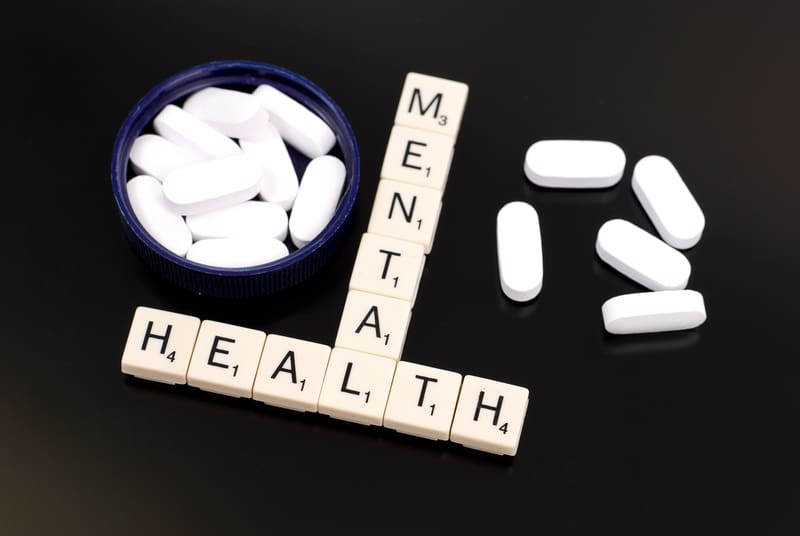
What to Know About Depression Medication
Depression medication can be a helpful strategy for those fighting depression, but it’s vital to remember that no single solution works the same for everyone. When choosing the right antidepressant for you, there are three things worth considering: various varieties may or may not have an effect on your condition; all medications come with some side effects; and they should never take precedence over therapy sessions. Let’s take a closer look at these so you can know exactly what to expect from your antidepressants.
There Are Different Types
There are several different types of medication used to treat depression, including selective serotonin reuptake inhibitors (SSRIs), serotonin-norepinephrine reuptake inhibitors (SNRIs), tricyclic antidepressants (TCAs), and monoamine oxidase inhibitors (MAOIs). Each type of medication works differently in the brain and has varying levels of effectiveness for different individuals. It’s important to understand that what works for one person may not work for another. It may take some trial and error to find the medication that works best for you. This process can be frustrating, but it’s essential to work closely with your healthcare provider to find the best treatment plan for your specific needs.
They Have Side Effects
Although depression medication can be beneficial for many, it is important to acknowledge that a variety of side effects may accompany its usage. Depending on the individual and their pharmaceutical regimen, typical reactions could include nausea, dizziness, headaches, sleeplessness or fatigue; furthermore some patients might encounter weight gain/loss and even sexual dysfunction. It’s essential to converse with your healthcare provider if you feel any adverse consequences so they can adjust dosage or medicate accordingly in order to alleviate them efficiently.
They Are No Substitute for Therapy
While medication can be an effective treatment for depression, it’s important to understand that it’s not a substitute for therapy. Medication can help alleviate symptoms of depression, but it doesn’t address the underlying issues that may be contributing to your depression. Therapy, such as cognitive-behavioral therapy (CBT), interpersonal therapy (IPT), or our very own specialty: transcranial magnetic stimulation (TMS), can help individuals address the root causes of their depression. By doing so, you can develop coping skills to manage your symptoms. In some cases, a combination of medication and therapy may be necessary for the most effective treatment. Whatever you do, make sure to keep your doctor in the loop so you don’t become too reliant on the medication.
If you are struggling with depression, medication can be a potent form of therapy. However, it’s vital to keep in mind that not all medications work the same for everyone. You may have to experiment and adjust accordingly until finding the best fit while also considering any side effects associated with these treatments—it is nothing short of an individualized journey. Remember: medication alone cannot cure your symptoms; consider pairing treatment programs such as talk-therapy or support groups to maximize positive outcomes! Consult your healthcare provider on what will benefit you most when creating an effective plan for mental health recovery.
If you’re interested in medication-free treatment through TMS, click here to meet the doctor!
